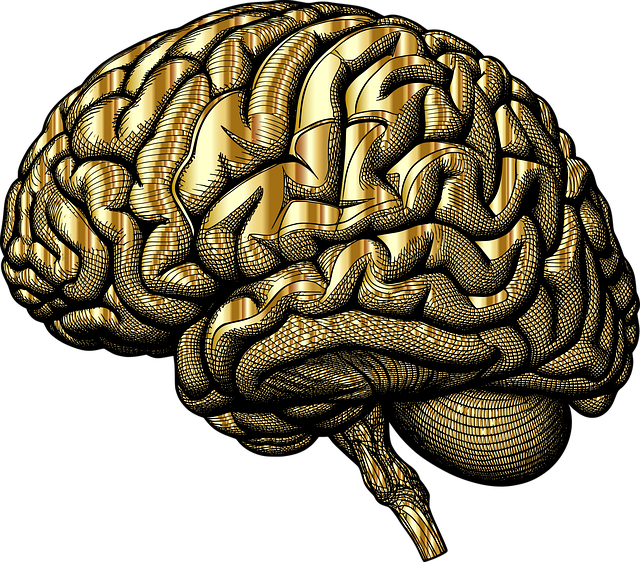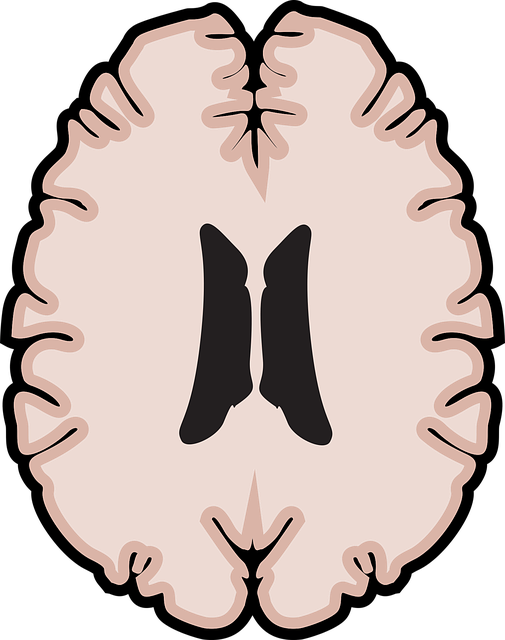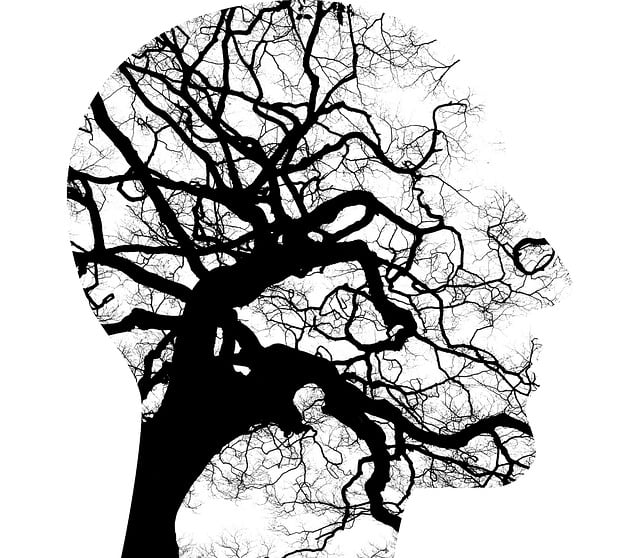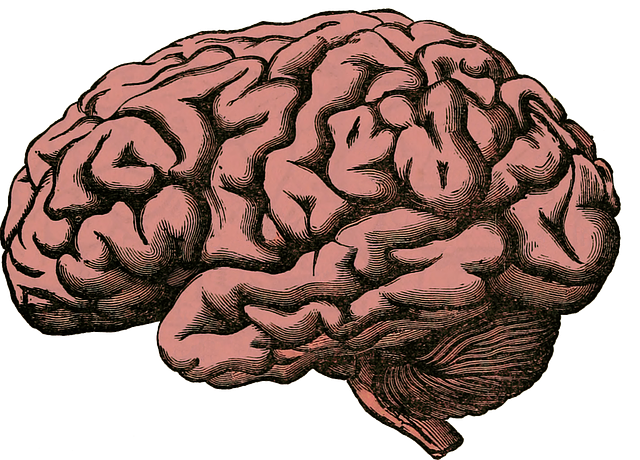Boulder Cognitive Behavioral Therapy (CBT) is an effective, evidence-based approach that teaches individuals to manage emotions healthily by identifying and changing negative thought patterns. This method enhances emotional well-being, reduces anxiety, and promotes positive relationships through mindfulness and cognitive restructuring techniques. Integrating CBT methods in education empowers students with emotional intelligence, fosters self-care routines, and improves overall student well-being.
Emotion regulation is a vital skill, especially in today’s fast-paced world. Understanding and managing emotions effectively can lead to improved mental well-being and enhanced overall quality of life. This article explores the benefits of emotion regulation techniques, focusing on Boulder Cognitive Behavioral Therapy (CBT) as a powerful and evidence-based approach. We’ll delve into practical strategies for teaching these skills to students, empowering them with tools to navigate emotional challenges.
- Understanding Emotion Regulation and Its Benefits
- Boulder Cognitive Behavioral Therapy (CBT): A Powerful Approach
- Teaching Effective Emotion Regulation Techniques to Students
Understanding Emotion Regulation and Its Benefits

Emotion regulation is a crucial skill that enables individuals to understand and manage their feelings effectively. It involves recognizing, accepting, and responding to emotions in a healthy way, which can significantly impact overall well-being. By learning emotion regulation techniques, individuals gain greater control over their emotional responses, leading to improved mental health and reduced symptoms of various mental illnesses. This process empowers folks to navigate life’s challenges with resilience and adaptability.
Boulder Cognitive Behavioral Therapy (CBT) is a highly effective approach that teaches individuals to identify and challenge negative thought patterns contributing to intense emotions. It fosters inner strength development by equipping people with tools to reframe their perspectives, thereby reducing the stigma associated with mental illness. Additionally, CBT emphasizes cultural sensitivity in mental healthcare practice, ensuring that regulation techniques are tailored to individual needs while respecting diverse backgrounds and experiences.
Boulder Cognitive Behavioral Therapy (CBT): A Powerful Approach

Boulder Cognitive Behavioral Therapy (CBT) is a powerful therapeutic approach that has proven effective in teaching individuals to manage and regulate their emotions. CBT focuses on identifying and changing negative thought patterns and behaviors, enabling clients to gain a deeper understanding of their emotional responses. By exploring connections between thoughts, feelings, and actions, this therapy empowers people to develop healthier coping strategies.
This evidence-based method is particularly useful for those seeking anxiety relief and effective risk management planning for mental health professionals. Through structured sessions, CBT teaches mindfulness meditation techniques that help individuals stay grounded in the present moment, thereby reducing impulsive reactions. By learning to challenge cognitive distortions, clients can foster a more positive outlook, leading to improved emotional well-being and enhanced quality of life.
Teaching Effective Emotion Regulation Techniques to Students

Teaching effective emotion regulation techniques to students is a valuable aspect of holistic education. In today’s world, where mental health concerns are on the rise, equipping young individuals with coping strategies can significantly contribute to their overall well-being. Boulder Cognitive Behavioral Therapy (BCBT), for instance, offers evidence-based methods that focus on identifying and changing negative thought patterns and behaviors associated with emotions. By integrating these therapeutic approaches into classroom settings, educators enable students to develop emotional intelligence—a crucial skill for managing stress and fostering positive relationships.
Through interactive activities and group discussions, learners can explore various techniques such as mindfulness exercises, cognitive restructuring, and problem-solving strategies. These practices not only help students recognize and accept their emotions but also teach them how to respond adaptively rather than reacting impulsively. Moreover, promoting self-care routine development for better mental health becomes more accessible when emotional regulation is prioritized in education, potentially reducing the impact of mental illness stigma reduction efforts within the student community.
Emotion regulation is a vital skill for navigating life’s challenges and enhancing overall well-being. The Boulder Cognitive Behavioral Therapy (CBT) approach offers a powerful framework, demonstrating its effectiveness in teaching students practical techniques to manage their emotions. By integrating CBT methods into education, we empower young minds to embrace emotional intelligence, fostering resilience and improving mental health outcomes. This evidence-based strategy has the potential to revolutionize how we support students’ emotional development, ultimately enriching their lives both inside and outside the classroom.












